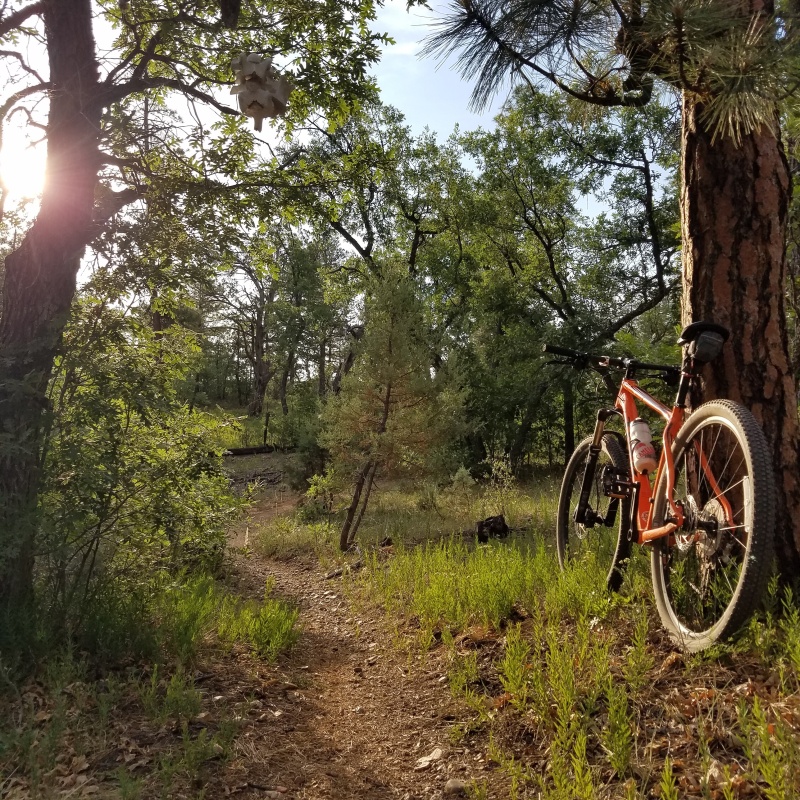“He’s a 55 year old male found down by a bystander and brought in by EMS. He’s being admitted to you for altered mental status, ETOH withdrawal, hyponatremia and chest pain. Any questions?”
It’s a common story. Passerby sees guy slumped over on the sidewalk, sleeping soundly In a drunken stupor and calls EMS. EMS comes and determines the guy is drunk as a skunk but “altered” so per protocol they bring him to the local ED. A workup by Dr. Caresalot show the altered electrolytes and altered mental status of a chronic drunk, but instead of giving him a banana bag and letting him sleep off the drunk, they admit him.
On admit labs his alcohol level is 456 mg/dl or .456 on a breathalyzer, over 5 times the legal limit. A level this high shows dedication and a long history of this kind of abuse, which means he is more susceptible to withdrawal symptoms at a higher threshold than normal. Guys like this start to have withdrawal symptoms when they hit the 150 mg/dl level, so the shakes, the autonomic symptoms, the hallucinations and agitation are starting when he hits the floor.
Ativan is given in copious amounts over the next couple of hours to control the symptoms. Then while on the toilet he has a withdrawal seizure and bradys down earning a trip to the ICU for more intensive Ativan therapy. He can’t protect his airway and aspirates while on the vent and develops pneumonia. A delirium develops during his stay in the ICU and when stable enough for the floor he needs a sitter to deal with his agitation while the delirium clears.
Every chance he is asked about quitting alcohol he states adamantly “I’m never going to stop drinking.”. So he stays with us for two weeks, detoxing him, curing his pneumonia, clearing the delirium, repleting magnesium, getting him fed, all of the healing that being in the hospital provides. So after the two weeks, with help from social services he is discharged to housing, clean and sober, ready for a new life. He then walks into the convince store around the corner from the hospital and walks out with an 18 pack under his arm to start over. And the cycle continues over and over again.
I’ve lost track of how many times we’ve done this. More times than not, a good Samaritan calls it in. Instead of minding their own business, they take it upon themselves to “help” with no understanding of the events they place in motion. Instead of leaving the drunk sleep off the drunk, they call 911 to get help. EMS is obliged then to treat and transport starting the whole series over again. I’m not against helping, I just wish people would think before they acted and our ED docs would not admit everyone who shows up on the doorstep.





